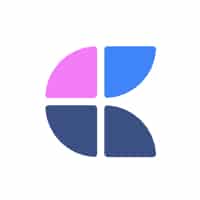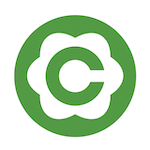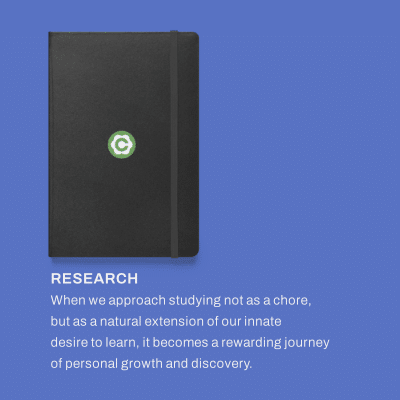Table of Contents
1. Task Management and Organization Tools
Starting a project at the research stage involves gathering information, understanding the problem or topic, and identifying resources that can help you achieve your objectives. It’s crucial to begin by clearly defining your goals and outlining the scope of your project.
This will provide direction and ensure that your research efforts are focused and effective. And if you really want to be on top of things, you can start now, by making a list of the different tasks you may need to undertake in preparing for your specific study regiment. Additionally, may also want to record your activity and progress.
Now, while this may sound like a pretty straightforward task, there are a few things you should be aware of in order to make the process smoother:
- Be Specific: When outlining your tasks, be as specific as possible. Vague or broad tasks can lead to confusion and inefficiency. Break down larger tasks into smaller, manageable steps.
- Prioritize: Identify which tasks are most critical to your project’s success and prioritize them. This helps you focus on what’s most important and prevents you from getting bogged down by less urgent activities.
- Set Realistic Deadlines: Establish timelines for each task, but be realistic about how long each step will take. Overestimating your capacity can lead to burnout, while underestimating can cause delays.
- Choose the Right Tools: Use project management tools or methods that work best for you, whether it’s digital tools like Trello or Asana, or simple lists and calendars.
- Monitor and Adjust: Regularly review your progress and be prepared to adjust your plan if necessary. Flexibility is key to adapting to any unforeseen challenges or new information that may arise during the research stage.
By keeping these points in mind, you can effectively navigate the research stage and set a strong foundation for your project.
Tools for the task

Notion Workspace
Notion is a powerful, flexible tool that students can use to enhance their study routines. It allows for the organization of notes by creating subject-specific pages and databases, making it easy to filter and find information.
With features like calendars and to-do lists, students can effectively plan their study schedules, set reminders for deadlines, and keep track of tasks, ensuring they stay on top of their coursework.
Craft
Craft makes it simple to organize your thoughts, tasks, and projects in a visually appealing and efficient manner. It is particularly popular among users who appreciate a clean interface and seamless integration with various devices.


Story Chief
StoryChief is a simple all-in-one Content Marketing Workspace that helps editorial teams, social media managers, and agencies collaborate smooth and seamlessly as possible.
Collaborate, create and distribute content faster across multiple platforms. Including the sharing of news, blogs, and social media posts right from StoryChief.
Evernote
A versatile organizational tool that can sync across devices, Evernote is great for keeping research notes, organizing study guides, and managing everyday tasks.When it comes to staying up-to-date with the latest research, students and professionals rely on various tools to aid their studies and work.
Some of the top research tools include Google Scholar, Microsoft Academic, and Semantic Scholar, which provide comprehensive search results and citation analysis.

Additionally, tools like Cinahl, JSTOR, and ScienceDirect offer access to a vast array of academic journals and publications. Elsevier’s Scopus and Web of Science are also popular choices, offering citation tracking and analysis capabilities. These tools help researchers discover relevant sources, validate information, and accelerate their research journeys.




Leave a Reply
You must be logged in to post a comment.